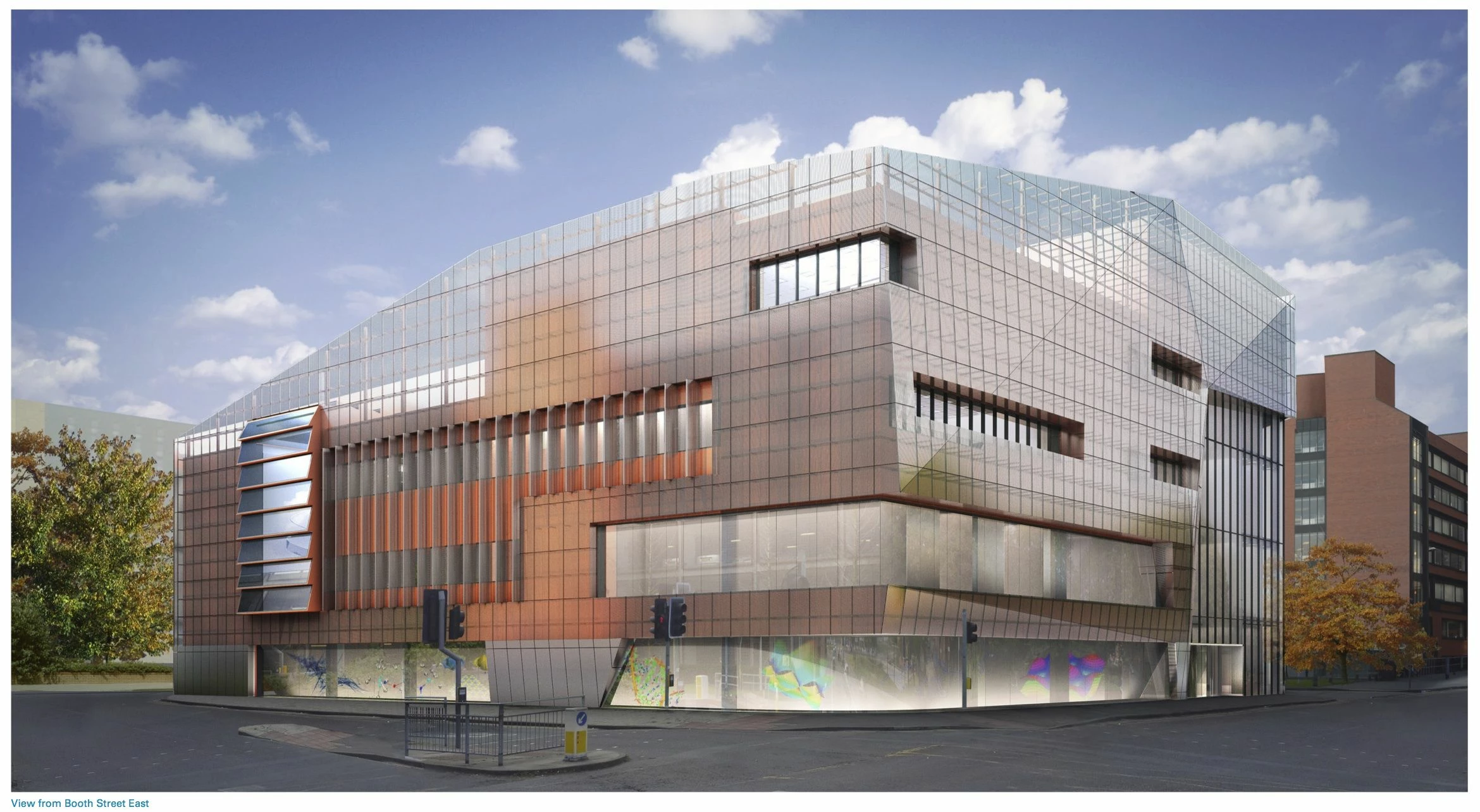
Partner Article
Manchester graphene researchers win £23m EDRF funding
The University of Manchester has won a £23m investment from the European Regional Development Fund (EDRF) for its research into ‘miracle’ substance, graphene.
Manchester will put the money towards building the £61m National Graphene Institute, where researchers and industry heads will investigate graphene’s potential uses.
The super-substance is the world’s thinnest, strongest, and most conductive metal and has also received funding from large industry names such as Nokia, BaE Systems and Dyson at another research site at theUniversity of Cambridge.
Manchester University’s centre will initially create 100 jobs, but it expects to generate many thousands more in the North West and the UK for the future.
The Institute will house a 1,500 sq ft research lab for Manchester scientists to collaborate with industry and researchers from other UK universities, as well as two ‘clean rooms’ where experiments will take place.
EDRF’s investment was beaten by the UK Government, which granted £38m through the Engineering and Physical Sciences Research Council, as part of £50m set aside for graphene research.
The National Graphene Institute said it expects many UK industry partners to express interest in the research going on in Manchester, where it will begin to work with businesses already involved.
Companies will be offered the opportunity to work on a number of projects across different sectors with Nobel Laureates and other members of the graphene research team.
Professor Kostya Novoselov, who isolated graphene with colleague Professor Andre Geim for the first time ever, commented: “We are delighted to have been awarded this hugely-significant sum of money by the European Regional Development Fund, which will pave the way for the National Graphene Institute.
“Graphene has the potential to revolutionise so many different areas of our lives, and it is fantastic that the Government and the European Commission have recognised that with their important investments.”
The material was first isolated in 2004, and has the potential to make revolutionary changes in a number of industries, from mobile manufacturers to pharmaceuticals.
Professor Colin Bailey, Dean of the Faculty of Engineering and Physical Sciences at The University of Manchester, added: “Establishing the National Graphene Institute is crucial to the continued advancement of graphene research in Manchester and in the UK.
“To have such a significant award allows us to build this world-leading Institute and allows Manchester to continue its well-deserved reputation as the home of graphene.”
The European Commissioner for Regional Policy Johannes Hahn said: “I am very pleased that European investments will enable the establishment of the National Graphene Institute.
“As a former Science Minister I am well aware of the importance of supporting cutting edge research and providing the means for that to be commercialized.
“This is good news for the North West of England in terms of jobs but it also will ensure that Europe as a whole remains at the forefront of research into graphene: giving EU businesses a valuable opportunity to use the vast potential of this material.
“Supporting these kinds of initiatives is just what our modern European Regional Policy should and will be doing more of in the future.”
This was posted in Bdaily's Members' News section by Miranda Dobson .








 Raising the bar to boost North East growth
Raising the bar to boost North East growth
 Navigating the messy middle of business growth
Navigating the messy middle of business growth
 We must make it easier to hire young people
We must make it easier to hire young people
 Why community-based care is key to NHS' future
Why community-based care is key to NHS' future
 Culture, confidence and creativity in the North East
Culture, confidence and creativity in the North East
 Putting in the groundwork to boost skills
Putting in the groundwork to boost skills
 £100,000 milestone drives forward STEM work
£100,000 milestone drives forward STEM work
 Restoring confidence for the economic road ahead
Restoring confidence for the economic road ahead
 Ready to scale? Buy-and-build offers opportunity
Ready to scale? Buy-and-build offers opportunity
 When will our regional economy grow?
When will our regional economy grow?
 Creating a thriving North East construction sector
Creating a thriving North East construction sector
 Why investors are still backing the North East
Why investors are still backing the North East